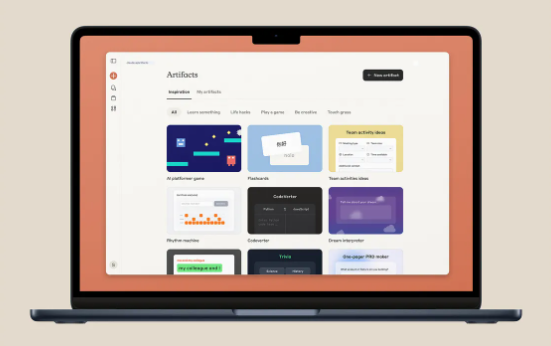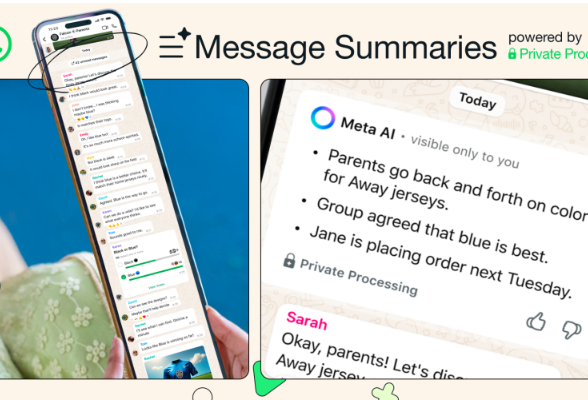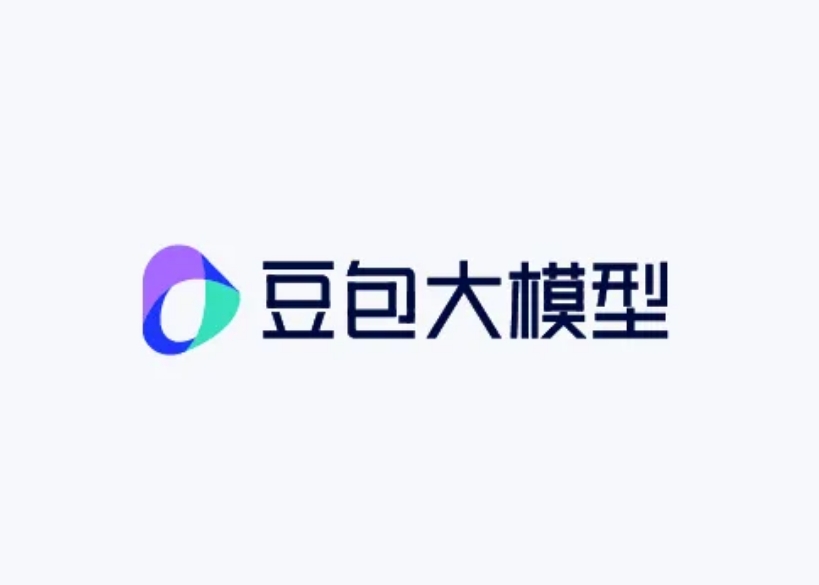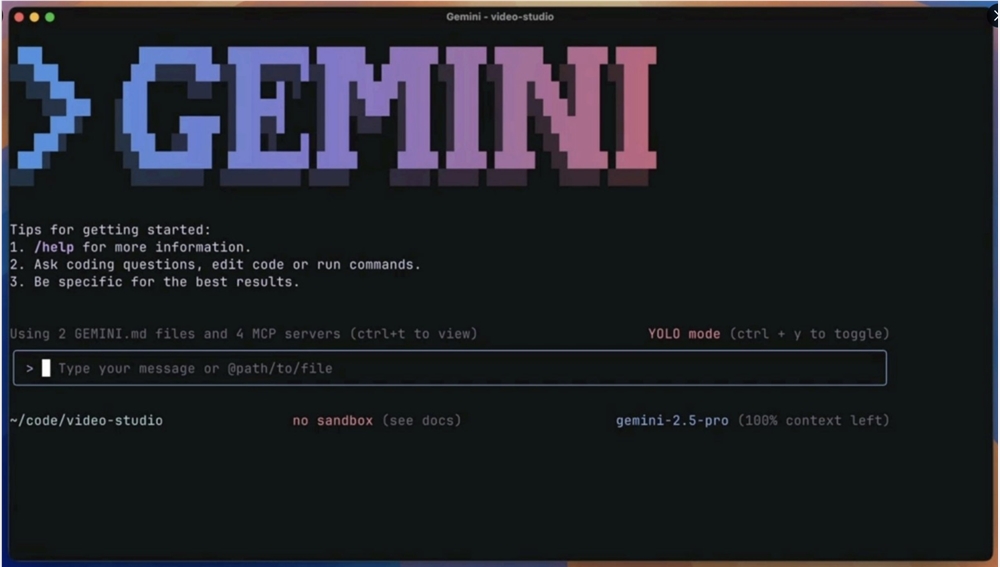Bloomberg reported that Microsoft is facing an embarrassing situation: despite the company's efforts to promote its Copilot AI assistant to enterprises, more and more employees are favoring OpenAI's ChatGPT, a phenomenon that is sparking intense competition in the enterprise market.
Case Study: Amgen's Shift in Choice
The experience of Amgen, a well-known pharmaceutical company, perfectly illustrates this market change. Last spring, Amgen announced it would purchase Microsoft Copilot for its 20,000 employees, becoming a significant customer case for Microsoft in the generative AI field. However, just 13 months later, Amgen employees began switching to using OpenAI's ChatGPT.
Sean Bruehich, Senior Vice President at Amgen, said, "The secret to OpenAI's success lies in making their product extremely interesting." He pointed out that ChatGPT performs particularly well in tasks such as research and summarizing scientific literature, while Copilot shows more advantages when used in conjunction with Microsoft's own software.

Intensifying Competition in the Enterprise Market
This phenomenon has made the relationship between Microsoft and OpenAI even more delicate. As the largest investor in OpenAI, Microsoft has invested nearly $14 billion so far, but now finds itself directly competing with its investment target in the enterprise market.
Microsoft sales teams often find themselves unprepared when promoting Copilot, yet the company urgently wants to quickly expand its customer base. At the same time, OpenAI is actively expanding its enterprise business and recently acquired the AI code assistant Windsurf, directly competing with Microsoft's GitHub Copilot.
User Preferences and Technical Differences
Although both products are based on OpenAI's large language models, there are significant differences in user experience. Many companies have found that employees generally prefer ChatGPT, mainly due to the following reasons:
- Update Speed: Model updates from OpenAI often take weeks to be implemented in Microsoft's software.
- User Familiarity: Many professionals have already used ChatGPT in personal settings.
- Functionality Experience: ChatGPT performs better in certain specialized tasks.
Microsoft explained that the delay in updates is because they need to conduct enterprise-level security testing and user experience validation.
Diverging Enterprise Procurement Strategies
Faced with this competitive situation, different companies have adopted different strategies:
Testing Both Options: New York Life Insurance Company decided to promote both ChatGPT and Copilot among 12,000 employees, choosing the final option based on user feedback. The company's Chief Data Officer, Don Wu, said, "Employees have diverse roles, and each person has different needs, so we choose to launch both tools."
Deep Integration Preference: Finastra, a financial technology company, chose Microsoft Copilot, valuing its deep integration advantage with Microsoft office software.
ChatGPT Dominance: Bain Consulting deployed ChatGPT for 16,000 employees, with the majority using it daily. Only about 2,000 employees used Copilot, primarily in combination with Excel.
Market Data and Prospects
OpenAI stated that it already has 3 million paying enterprise users, with a 50% increase in just a few months. Microsoft responded that Copilot has covered 70% of the Fortune 500 companies, and the number of paying users has doubled compared to the same period last year.
In terms of pricing, Microsoft Copilot costs $30 per user per month, which is more cost-effective than the $60-per-month enterprise version of ChatGPT. However, OpenAI also introduced a flexible billing model based on usage.










